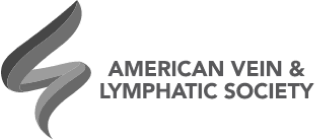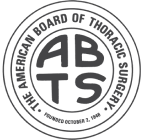















Chuback Vein Center - May 4, 2023
Pregnancy is a magical journey filled with memorable experiences and thrilling moments. However, as a woman's body undergoes changes during pregnancy, she may also experience some physical discomforts, such as vein insufficiency. Vein insufficiency is a prevalent condition that can occur during pregnancy, causing painful and swollen legs, unsightly varicose veins, and other complications. Don't let vein insufficiency affect your pregnancy experience – keep reading to learn more about this condition and how to manage it.
Pregnancy causes changes in a woman's body that can lead to vein insufficiency. The increased pressure on the veins, hormonal changes, and increased blood volume can all contribute to this condition. Additionally, the growing uterus can put pressure on the veins in the pelvis and legs, further exacerbating the problem.
The symptoms of vein insufficiency during pregnancy may vary from woman to woman. However, some common signs and symptoms include:
If you are experiencing any of the above symptoms, you may want to try the following tips to alleviate your discomfort:
Generally, vein procedures are not recommended during pregnancy, however, an ultrasound and evaluation by a vein specialist can help to manage symptoms. If you're experiencing any of these symptoms, we can help! At Chuback Vein Center, our skilled team of vein specialists can diagnose your condition and provide you with a treatment plan that meets your unique needs. Call to schedule a consultation with our board-certified specialists and reclaim your vascular health today.
We invite you to become a part of the Chuback Vein Center family. We are confident in our ability to restore your health and wellness.